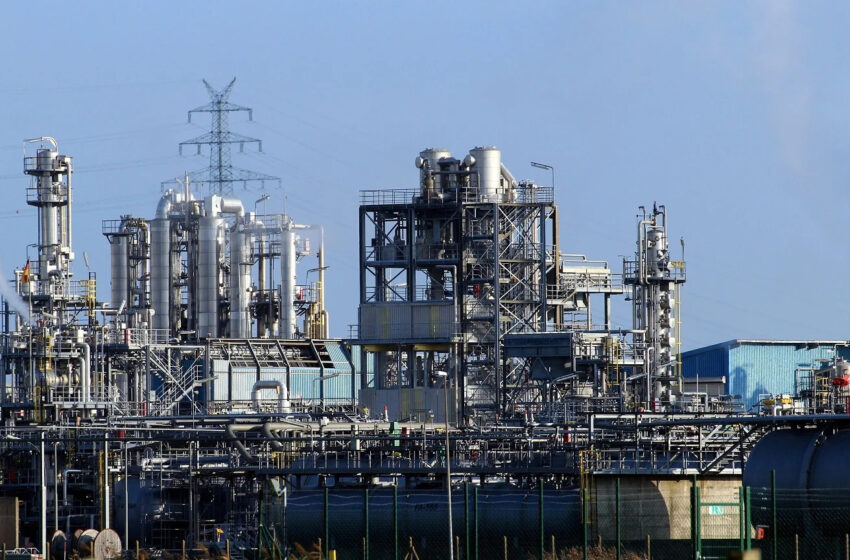
globalbizmag.com
Japan Provides $1.4 Billion Loan to Basra Refinery Project
The Japan International Cooperation Agency (JICA) announced that it has signed a loan agreement with Iraq to provide a Japanese ODA loan of up to $1.4 billion for the Basrah Refinery Upgrading Project (V).
This project will improve Iraq’s capacity for producing oil products and the quality of such products by installing a new fluid catalytic cracking (FCC) complex in the Basrah Refinery, one of the biggest oil refineries in the country, located in Basra Governorate.
Although Iraq has high oil-producing potential, with its crude oil reserves ranked fifth in the world, its domestic demand for oil products, such as gasoline and diesel, depends heavily on imports from other oil-producing countries. This is because many of the oil-refining facilities in Iraq are currently out of service or deteriorating and thus operate below capacity due to long-lasting conflicts.
By installing the FCC complex in Iraq, this project will enable the country to produce oil products that meet international environmental standards, strengthening the oil sector-which dominates Iraq’s economy-and thereby contributing to the country’s economic and social reconstruction.
Moreover, this project will also contribute to the achievement of SDGs (Sustainable Development Goals) Goals 7 (Affordable and clean energy) and 9 (Industry, innovation, and infrastructure).
Fifth Tranche
JICA has provided four ODA loans for the Basrah Refinery Upgrading Project, of which the first tranche was signed in October 2012 with the amount of $291.84 million, the second in June 2019 with $756.51 million, the third in October 2021 with $224.89 million, and the fourth in December 2022 with $825.28 million. This project is the fifth tranche of its kind.
Special Terms for Economic Partnership (STEP) will apply to the Japanese ODA loan for this project, and Japan’s advanced technical know-how and engineering skills will be utilized at the FCC complex being constructed under the project.
STEP refers to special assistance terms for promoting the visibility of Japanese aid through a transfer of outstanding Japanese technology and expertise to developing nations. The main contract is Japan tied and subcontracting is general untied.
The main agreement partner must generally be a Japanese company, an overseas subsidiary of a Japanese company, or a joint venture between a Japanese company and the borrowing country where the Japanese company is the lead partner, although under certain conditions a joint venture between a Japanese company (which is the lead partner of the joint venture) and an affiliated company (as accounted under the equity method) of a Japanese company may be the main agreement partner.















